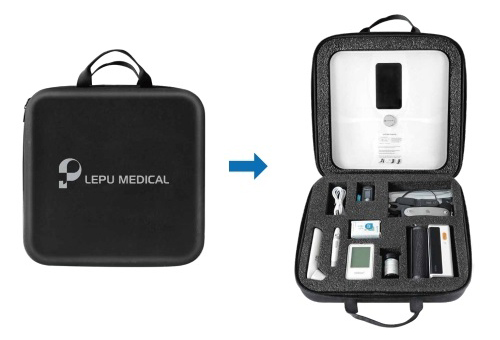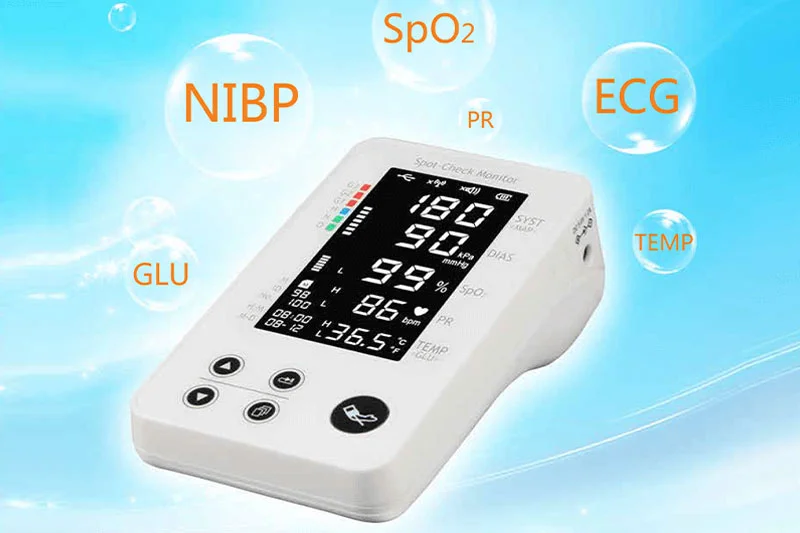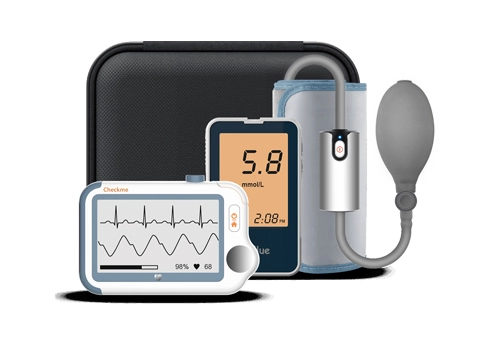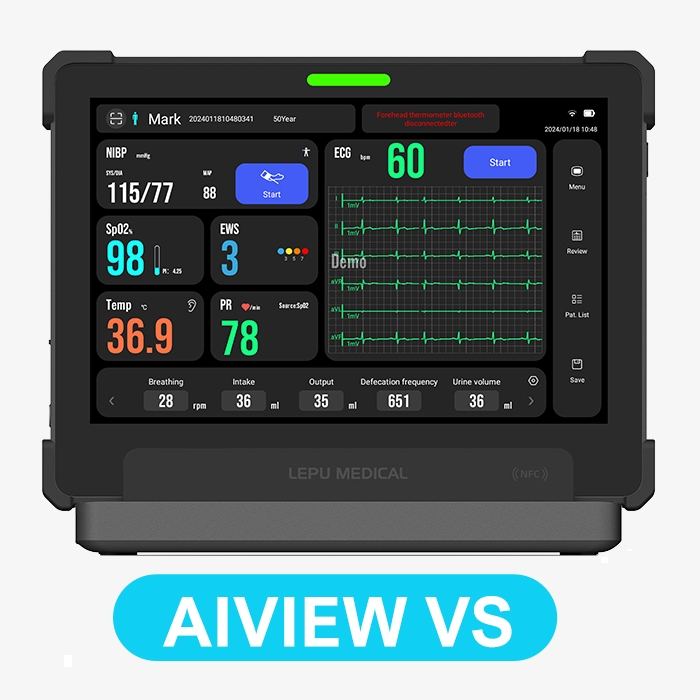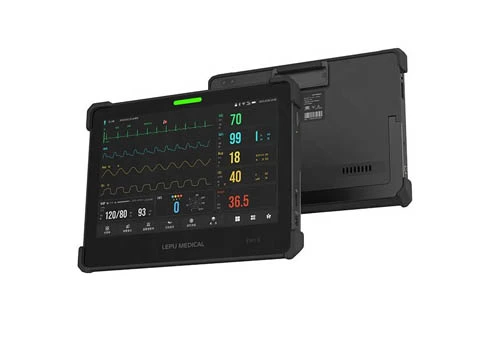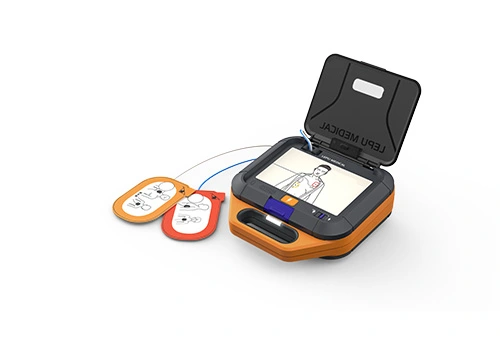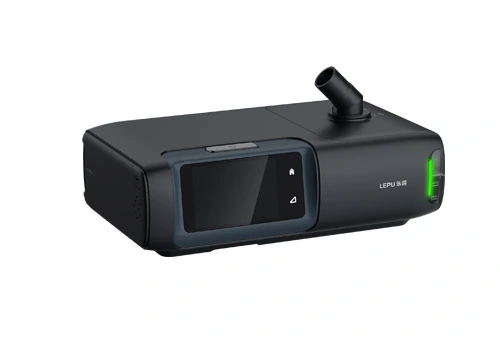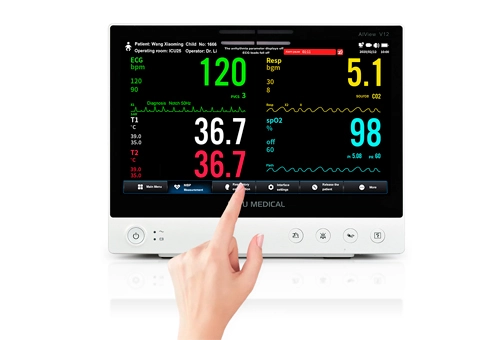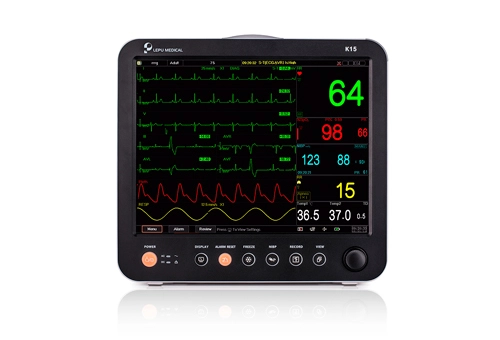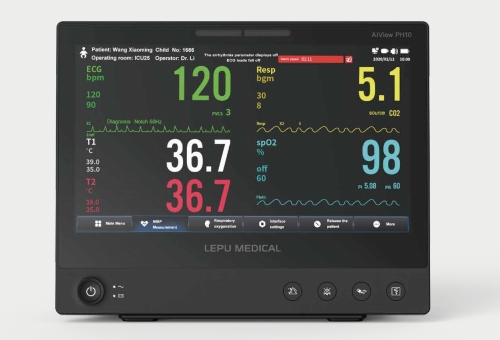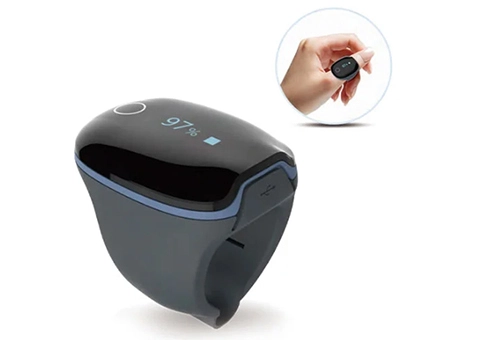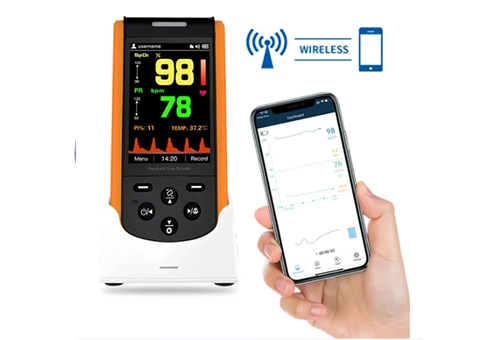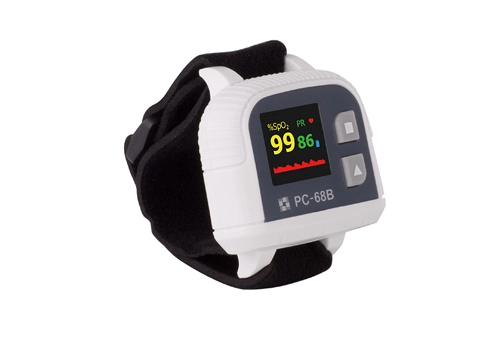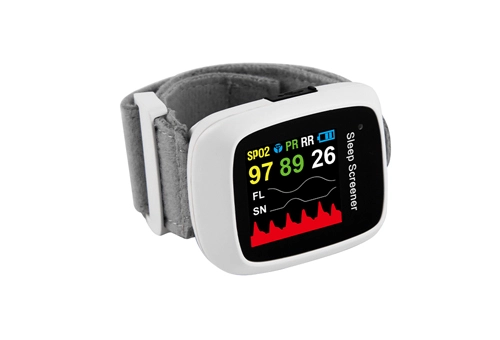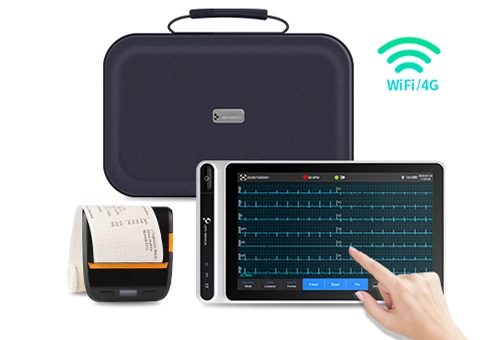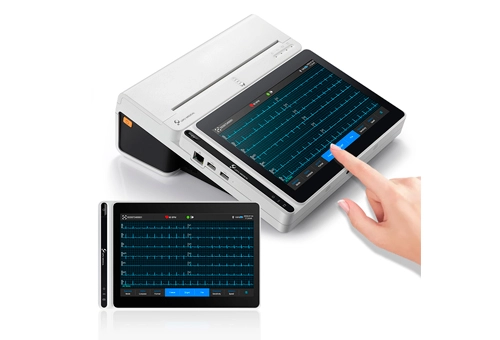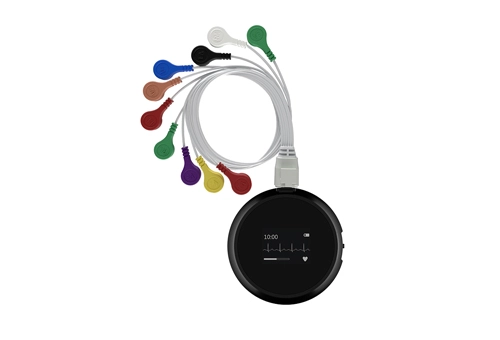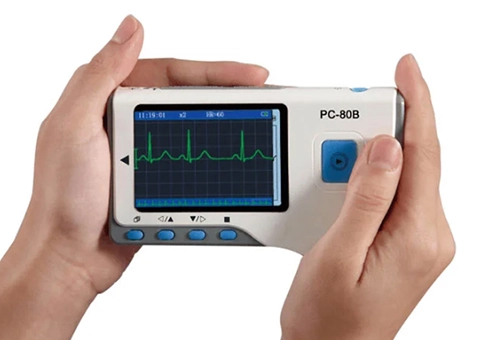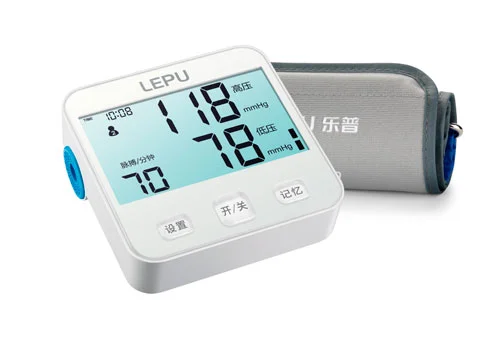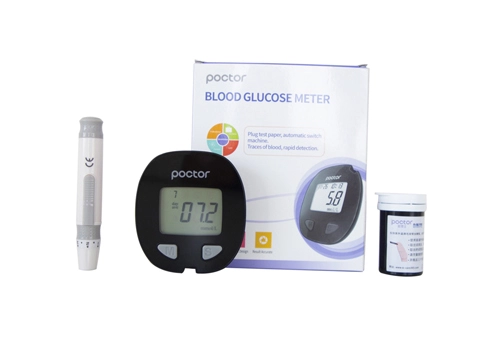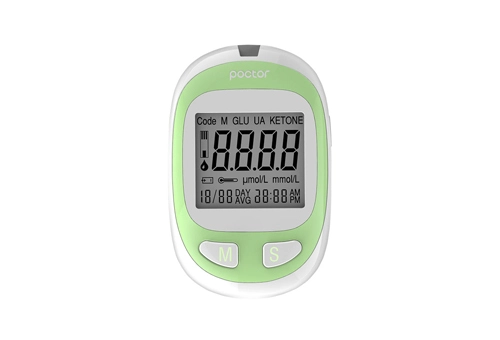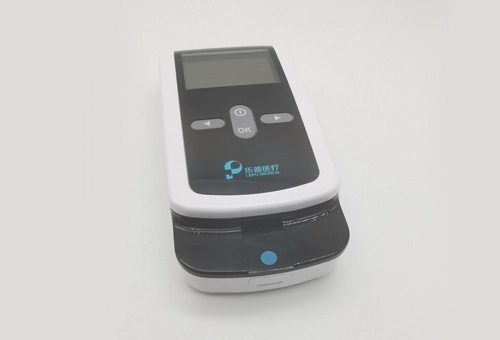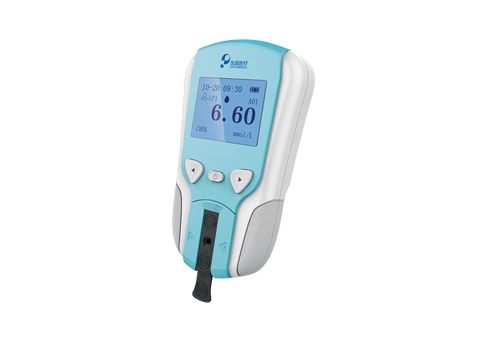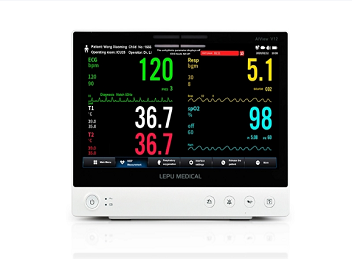Keeping Patients at the Forefront: Exploring the Benefits of AI Patient Monitors
In the ever-evolving landscape of healthcare, patient-centered care has emerged as a fundamental principle for providing high-quality and compassionate medical services. One of the most significant advancements in this pursuit is the development of AI Patient Monitors. These cutting-edge devices have transformed critical care by placing patients at the forefront of their treatment journey. In this blog, we will delve into the numerous benefits of AI Patient Monitors and how they contribute to a patient-centric approach in healthcare.
Empowering Patients with Mobility and Comfort
In traditional critical care settings, patients are often confined to their beds due to the constraints of wired monitoring systems. However, with the introduction of portable ICU monitors, patients can now experience newfound mobility and comfort. These lightweight and wireless devices enable patients to move around within the hospital room, sit in chairs, or engage in light physical activities without compromising on continuous monitoring. By promoting mobility, patients experience reduced stress and a sense of independence, which can positively impact their recovery process.
Facilitating Continuous Monitoring and Timely Interventions
One of the most significant advantages of portable ICU monitors is their ability to provide continuous monitoring of vital signs and critical parameters. Healthcare providers receive real-time data, allowing them to closely track a patient's condition around the clock. This continuous monitoring ensures early detection of any signs of deterioration or improvement, enabling timely interventions. By identifying potential issues promptly, medical teams can implement personalized treatment plans, leading to better patient outcomes and reduced hospital stays.
Enhancing Communication and Collaboration among Care Teams
In a patient-centric healthcare environment, effective communication and collaboration among care teams are paramount. Portable ICU monitors play a pivotal role in facilitating seamless communication between healthcare providers. These monitors integrate with the hospital's electronic health record (EHR) system, automatically recording and storing patient data. As a result, all members of the care team have access to up-to-date information, ensuring that everyone is on the same page regarding the patient's condition and treatment plan. Improved communication enhances care coordination and minimizes the chances of medical errors.
Fostering Patient Engagement and Informed Decision-Making
Patient engagement is a crucial aspect of delivering patient-centered care. Portable ICU monitors empower patients to actively participate in their care journey by providing them with real-time data about their vital signs and health status. Patients become more informed about their condition, treatment options, and progress, which enables them to make decisions in partnership with their healthcare providers. This shared decision-making process fosters trust, enhances patient satisfaction, and improves treatment adherence.
Portable ICU monitors have emerged as transformative tools in the quest for patient-centered care. By providing patients with mobility, comfort, and a sense of empowerment, these innovative devices have reshaped the critical care landscape. Moreover, continuous monitoring and seamless communication among care teams have facilitated early interventions and optimized patient outcomes. The integration of portable ICU monitors in healthcare facilities signifies a commitment to keeping patients at the forefront of their treatment, ultimately leading to improved patient experiences and better overall healthcare delivery. As technology continues to advance, we can expect further refinements in portable ICU monitors, reinforcing their role in revolutionizing patient care across the globe.

